Agility, excellence and innovation – these are the key terms for the planned Bavarian Higher Education Innovation Law [Bayerisches Hochschulinnovationsgesetz (BayHIG)], considered the most modern law on higher education in all of Germany. What does that have to do with ideas for sustainability and how does that connect to sustainability in teaching?
Under the general tasks (Art. 2) of the BayHIG of 5 May, paragraph 7 states: “The institutions of higher education are obliged to maintain the natural basis of life and biodiversity, protect the climate and provide education for sustainable development.”
Sustainability and education for sustainable development [Bildung für nachhaltige Entwicklung (BNE)] at institutions of higher education are therefore not merely nice buzzwords, but are instead rooted in policy. What does that mean for teaching? Sustainability can no longer remain a niche topic with a green hue. Engagement with BNE has more to offer. The following questions must be considered in all societal and political decisions when we want to work toward a society which is prepared for the future:
- How do I impact the future of tomorrow with my decisions?
- What are the effects of my consumption, my mode of transportation or my lifestyle in and of itself? What are the effects of these on other regions of the Earth?
- Which global and political mechanisms are fundamental to violence, conflicts, the flight of refugees and terror?
- What values and behaviours do we have to reconsider in order to leave future generations a planet worth living on?
Sustainability is therefore not merely a topic for biologists, geologists or climate scientists, but rather an interdisciplinary field of activity in which future decision-makers must be educated. In doing so, sustainability must be considered in various dimensions. The foundation is formed by ecology, but economic, social and cultural connections must be included and considered in order to achieve social justice. Sometimes it is necessary to act with great sensitivity when considering these focal points holistically and on equal footing. The path to a new age in which climate neutrality and sustainability are self-evident leads through education for sustainable development (BNE). BNE refers to that education which “equips people for future-oriented thinking and action”. In this way, each individual should understand the effects of their own actions on the world.
Before we take a look at the bigger picture, let’s start by going over two easy ways to reduce carbon emissions:
How easily CO2 can be saved can be seen in the example of video conferences, especially during the Covid19 pandemic. Each individual in a one-hour meeting can save up to 96% of emissions by turning off the camera.
Often it is the details and the precise combination that makes the difference for the environment. In this vein, the Zurich University of Applied Science tested paperless studying in stages from 2013 to 2020. The result: When “fresh paper” is used for printing lecture notes, the carbon footprint of a tablet is clearly better. If recycled paper is used, however, the printing of lecture notes was more ecological than the technology.
Below, we will present four tools and platforms which can be used as innovative means of integrating sustainability or BNE into teaching. So let us rummage together through the box of “green” possibilities.
HochN-Wiki – Collection of Innovative Learning Formats for BNE Literature
HochN-Wiki offers exchanges of experience and networking for sustainability to institutions of higher education. The platform came into existence as part of the project HochN, supported by the Federal Ministry for Education and Research [Bundesministerium für Bildung und Forschung (BMBF)], and provides guides, tips and tricks in six fields of action:
- Sustainability reporting
- Governance
- Teaching
- Research
- Operations
- Transfer

In the meantime, the German Association for Sustainability at Institutions of Higher Education [Deutsche Gesellschaft für Nachhaltigkeit an Hochschulen e.V. ] has arisen from the BMBF-funded project HochN, which offers virtual meetings with selected topics surrounding sustainability at institutions of higher education under the name “DG HochN Hub”. For the subsection “Teaching”, the SDG hubs for the implementation of the UN’s 17 sustainability goals at institutions of higher education and the DG hubs for “innovative learning formats for BNE” are of particular interest. In this virtual meeting, instructors are offered a cross-institutional platform to discuss teaching materials, tools and financing opportunities. We also recommend the collection of examples of innovative learning formats (BNE).
Yooweedoo – Social Entrepreneurship Writ Large
Kiel shows how it’s done: The academy for sustainability consults with and advises instructors and students on founding sustainable projects and start-ups focused on the common good. Supported by a broad network, they have a big aim: empowerment for sustainable development. The platform offers various events and self-directed courses. The focus is on freely accessible courses which highlight facets of social entrepreneurship. Annual idea competitions take place to motivate young people to build up their innovative projects. Those interested can find out about current workshops, job vacancies and events within their area of focus via the “Market Place” and News.
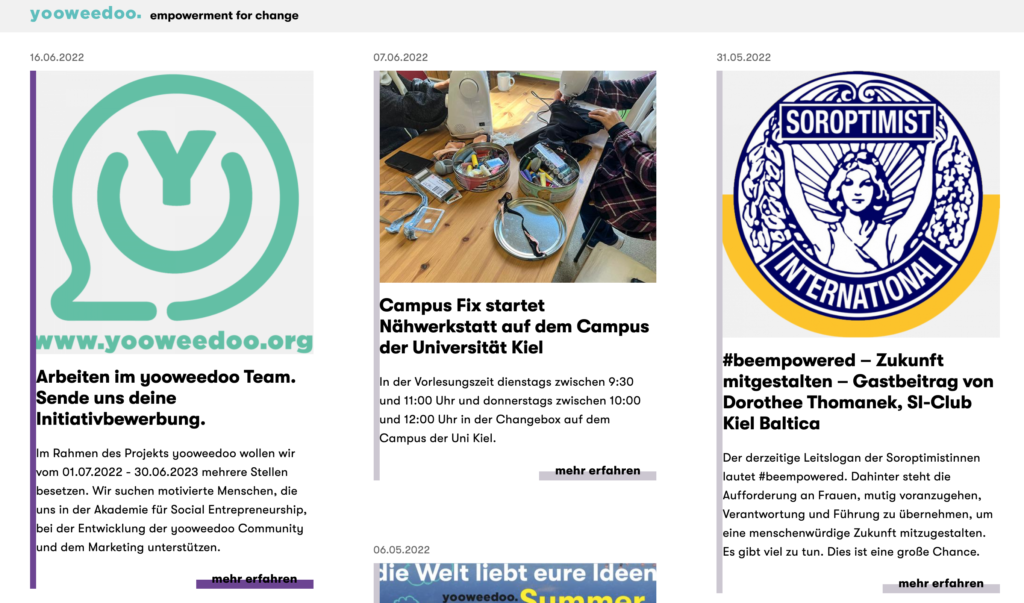
Instructors can inform their students of the website or receive advice themselves. Experts offer support in building a learning programme, its integration into the course of studies and with organisational questions on testing as well as evaluating project concepts and reports. In this way, for example, new modules can be built into lectures or students can be inspired to self-directed studies. For more information, visit: https://www.yooweedoo.org/de/news
The Foundation Innovation in Higher Education – funds, informs, networks
Alongside the exclusive communication of field-specific knowledge, a course of studies should ideally strengthen the decision-making and personal competencies of students. Young graduates should be motivated to connect their innovative ideas later with societal challenges.
The foundation has made it its objective to support institutions of higher education in adjusting to the constant societal changes. It emphasises a high degree of innovation within courses and teaching and supports future-oriented projects – financially and technically – with transferable approaches. Calls for proposals are regularly published in this regard.
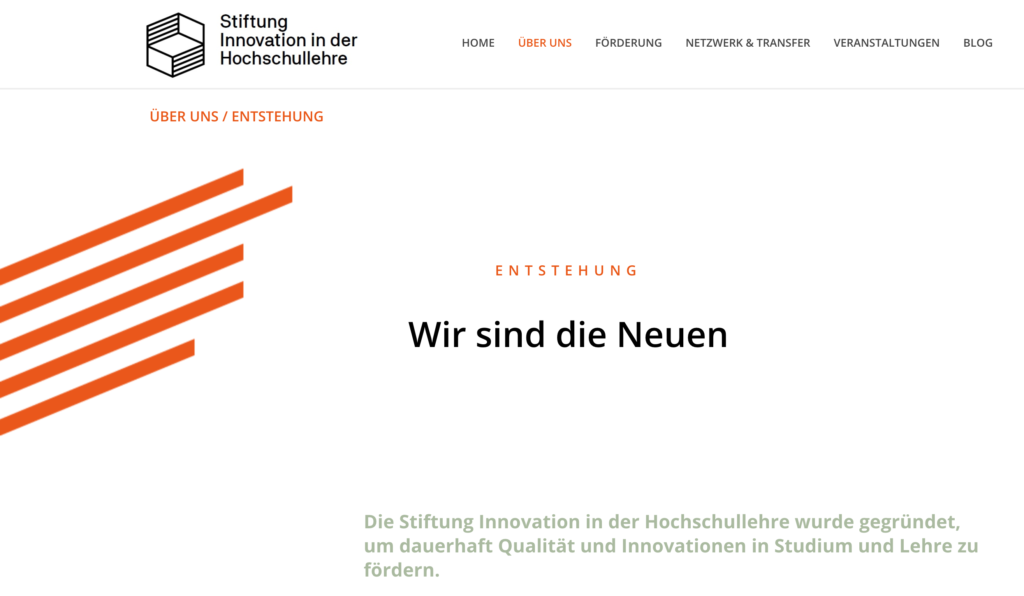
As an alternative to financial support, instructors have the opportunity to discuss current challenges within various fields as part of the online event series. From July to December 2022, the focus is on the following fields: Law, Pedagogy, Social Sciences/Politics, Medicine, Foreign Language Didactics. As part of the annual programme on an overarching subject, various events are offered. The focus of the current year 2022 is “Instruction in Higher Education in the Context of Sustainability”. Additional inspiration through exchanges and cooperation is offered with an annual conference (TURN Conference).
Networking is also a main aim of the foundation. Actors from all specialist disciplines have the opportunity to come into contact with one another, knowledge and experience become accessible and challenges can be discussed. The platform offers an overview of teaching-related networks, as well as teaching and learning portals in higher education. In this way, the transfer of innovative ideas can be optimised.
Public Climate School – Change Starts with Education!
The Fridays for Future movement has become a household word to nearly everyone. Within the movement, not only school-aged students, but university students as well become engaged in striving for a liveable future. For this reason, since November 2019 the Students for Future has offered the Public Climate School (PCS) twice a year, which supports climate education in schools and in higher education. One week long, a broad programme is offered in Germany which makes it clear what education for the future can look like. The aim is to make education for sustainable development and climate free of charge and, at the same time, approach all the institutions of higher education in Germany and encourage them to participate.
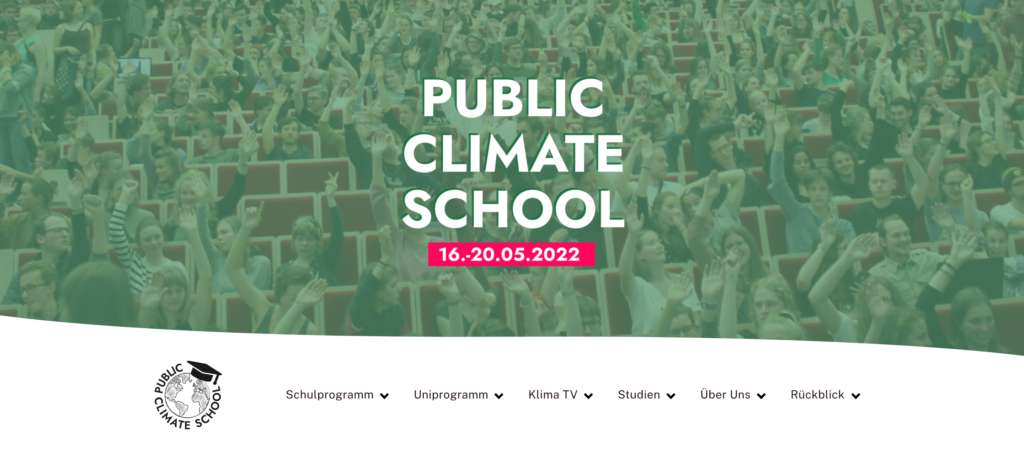
The student network Sustainability on Campus has also chosen a similar approach. Since 2019, a Sustainability Week has been offered on campus. This year, the Sustainability Week takes place from 27/06 to 03/07 2022 and has grown to an impressive 115 different events. The city of Regensburg has taken over central organisational responsibility. Here too, a call has been made for participants to submit their own content and let themselves be inspired by the numerous event formats.
Conclusion
The transfer of knowledge is an essential good in our society. It is therefore all the more important to create a means of knowledge transfer which makes it possible to share successes and challenges and to network with actors and multipliers. Do you know any other projects on the subject of sustainability in teaching? Please supplement our selection with your experience. Please use the comment function or discuss with us on Twitter.
References
BayHIG (2022). https://www.gesetze-bayern.de/Content/Document/BayHIG-2
Obringer, R., Rachunok, B., Maia-Silva, M., Arbabzadeh, M., Nathegi, R. & Madani, K. (2021). The overlooked environmental footprint of increasing Internet use. Resources, Conservation and Recycling, 167. https://doi.org/10.1016/j.resconrec.2020.105389
Was ist bne? – Bne-portal kampagne. (o. J.). BNE-Portal – BNE-Portal Kampagne. Abgerufen 14. Juni 2022, von https://www.bne-portal.de/bne/de/einstieg/was-ist-bne/was-ist-bne.html
For more information on paper vs. online:
https://www.greenpeace.ch/de/hintergrund/44410/online-vs-papier-zahlen-und-fakten/
https://blog.zhaw.ch/papierlosesstudium/
https://digitalcollection.zhaw.ch/handle/11475/1039
Suggestion for citation of this blog post: Green Office (2022, June 30). 4 Ideas for More Sustainability in Teaching. Lehrblick – ZHW Uni Regensburg. https://doi.org/10.5283/ZHW.20220630.EN
Our authors introduce themselves:

Green Office
Das Green Office der Universität Regensburg ist ein Nachhaltigkeitsbüro, das Studierende und Universitätsmitarbeiter*innen dabei unterstützt, das Thema Nachhaltigkeit in verschiedenen Dimensionen (ökologisch, sozial und ökonomisch) zu beleuchten und die Nachhaltige Entwicklung ganzheitlich anzugehen. Das Green Office leitet Ann-Kathrin Roßner zusammen mit studentischen und wissenschaftlichen Hilfskräften. Mehr Informationen dazu unterhttps://go.ur.de/greenoffice

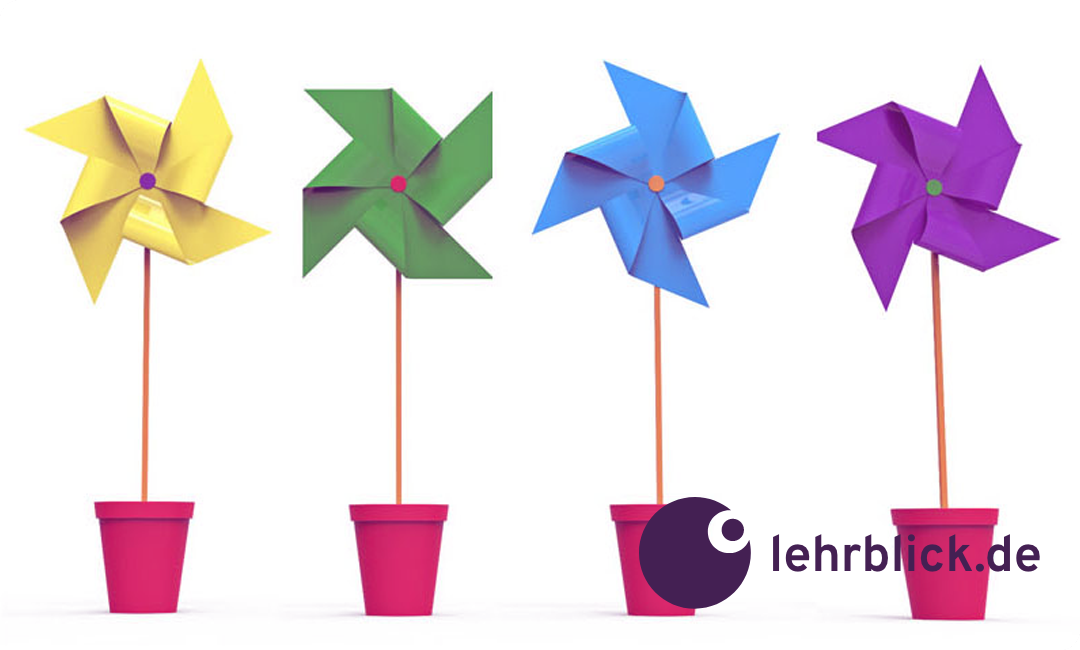
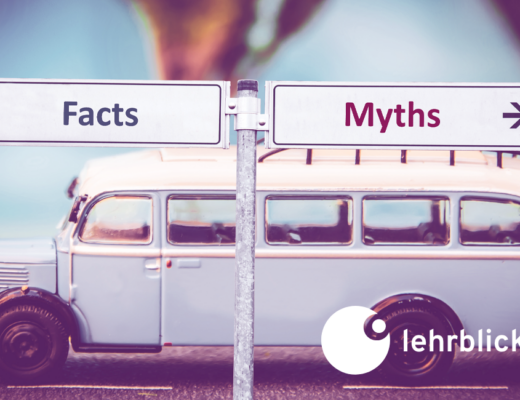
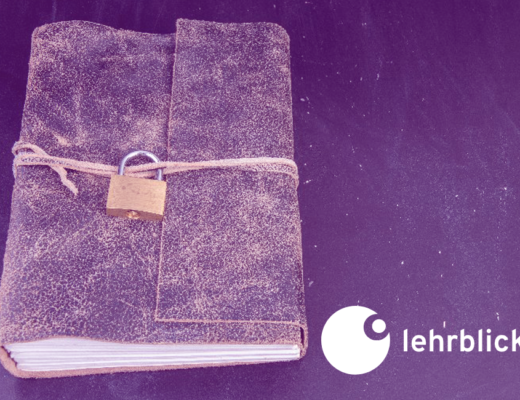
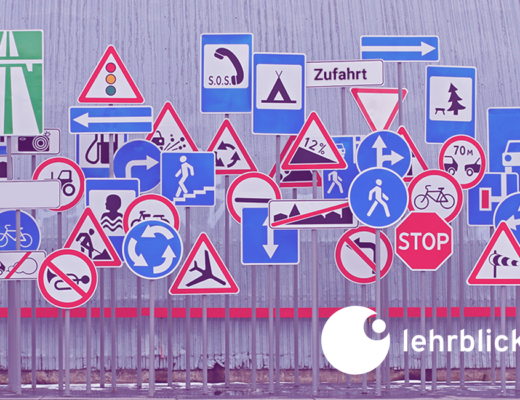



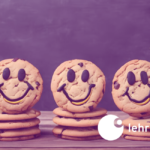
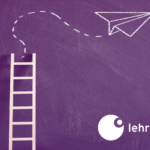
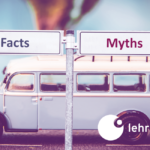

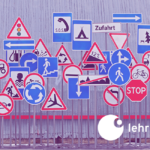


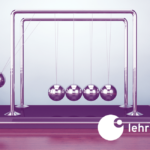
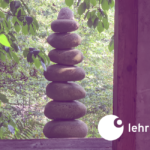
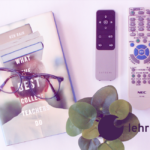
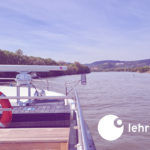
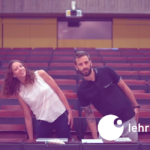


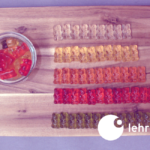
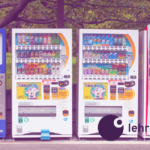
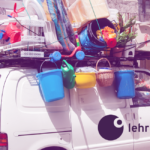
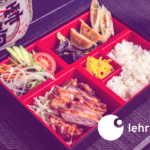


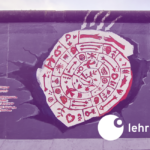


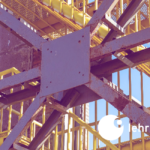

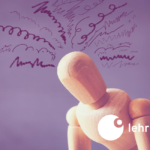

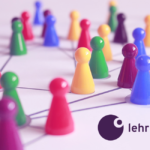

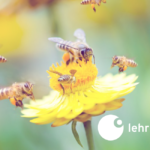
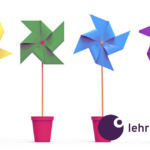




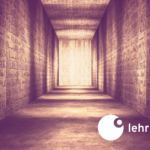

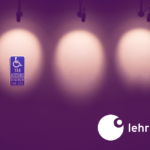
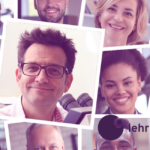
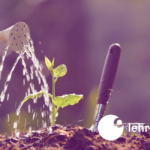





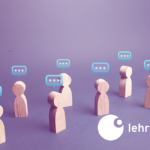
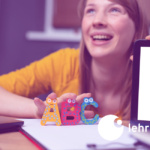
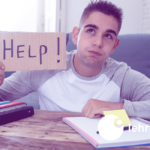

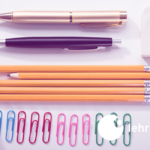
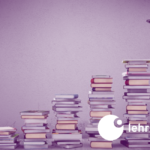

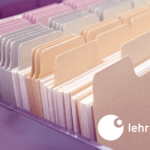

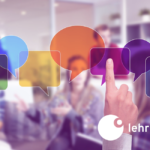

No Comments